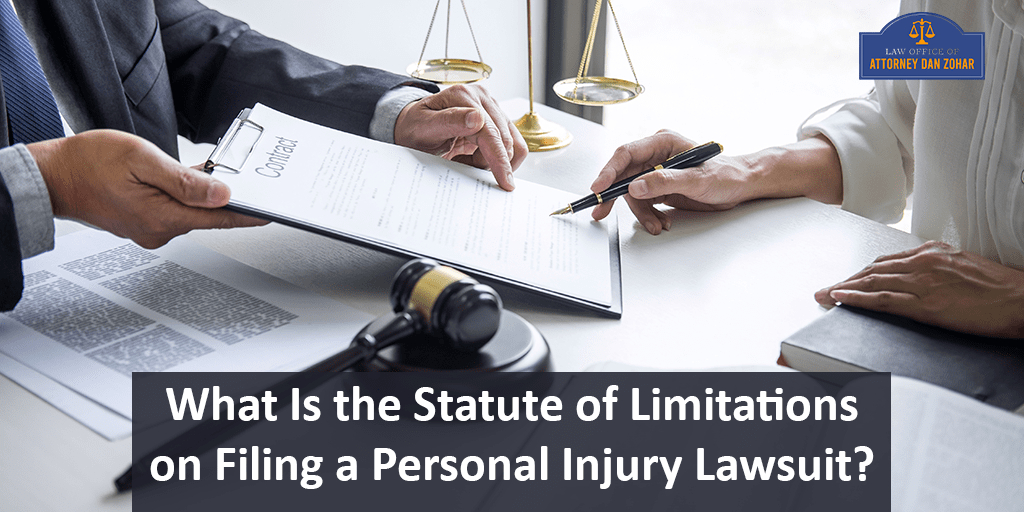If you’ve sustained a personal injury, your first priority is seeking medical attention. Then, when the initial shock diffuses, the reality kicks in. And in most cases, medical bills start coming in. If the injury forces you to take time off work, paying the bills becomes even more of a challenge than before the injury. That’s why you need an experienced personal injury attorney like Tampa’s own Dan Zohar.
If you sustained a personal injury due to someone else’s negligence, you might be entitled to compensation. In order to receive it, though, there are strict personal injury legal time limits that allow you to file a personal injury lawsuit. The law office of attorney Dan Zohar can help explain your options.
Dan Zohar is a leading Tampa personal injury attorney with more than three decades of experience. Here he answers frequently asked questions about personal injury legal time limits and the personal injury lawsuit statute of limitations.
What is the statute of limitations?
All states have passed statutes of limitations. Essentially, these are laws setting strict deadlines for filing different types of lawsuits in the civil court system. If the deadline has passed and you try to file a claim, it is likely that your case will be dismissed. But there are some circumstances, albeit rare, under which the personal injury legal time limits may be extended.
When it comes to personal injury claims, the statute of limitations usually begins on the day you sustained injuries. For example, if you were injured in a slip-and-fall accident, the statute of limitations begins on the day of the accident.
Are there exceptions to the statute of limitations period?
While rare, there are certain exceptions when it comes to the personal injury lawsuit statute of limitations. For example, if the defendant leaves the state after causing the accident that led to injuries, the statute of limitations is paused. Another exception is if the injured person is a minor, mentally ill, or insane.
What is the personal injury statute of limitations in Florida?
Florida’s statute of limitations as it relates to personal injury is four years. This means that you have four years after the date of the accident to file a lawsuit. If you are filing a personal injury claim against the government (state or local) in Florida, the filing period is much shorter, so it’s best to consult a personal injury attorney.
Do I have to pay for an initial consultation?
You can schedule a free consultation with personal injury attorney Dan Zohar. Navigating the legal system can pose a real challenge if you decide to embark on the journey on your own. And dealing with insurance companies can hinder your recovery. Hiring a personal injury attorney is a sure-fire way to make sure you are fairly compensated and your rights are protected.
Most Common Types of Personal Injury Cases in Florida
Against the Defense – The Secret Game in Case Negotiation
With more than 30 years of legal experience, personal injury attorney Dan Zohar has represented thousands of plaintiffs and negotiated fair compensations. To discuss the unique circumstances of your case, a personal injury attorney will help you deal with insurance adjusters, investigate contributing factors in the accident, and collect all necessary evidence. Whether it’s a work-related injury, a traffic accident, or a slip-and-fall incident, attorney Dan Zohar will guide you through the entire personal injury claims process. To schedule your free consultation, call toll free: (800) 963-3311.


